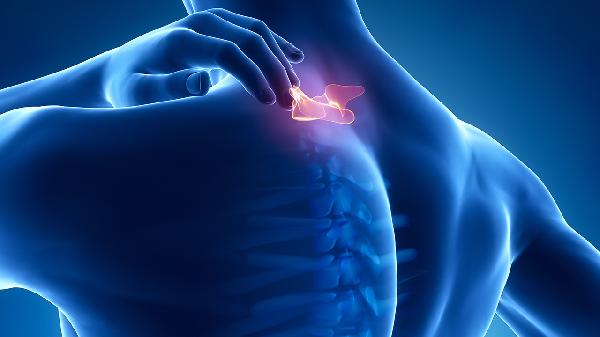Chest pain is a common clinical condition, and if there are elderly people at home, we often hear them complain about chest pain. So, what causes chest pain in the elderly? What causes chest tightness in the elderly?
Several factors may be related to chest tightness in the elderly: 1. First, high blood pressure. When blood pressure suddenly rises, the elderly may feel chest tightness. 2. Patients with heart failure may experience shortness of breath during activity or when lying down. 3. Patients with angina may also present with chest tightness. 4. Patients with lung infections may feel chest tightness when the infection worsens. 5. When there are stomach issues, such as an attack of gastric ulcer or gastritis, one may also feel a sense of fullness in the chest.

What causes chest pain in the elderly?
1. Chest wall pain causing chest pain
Chest pain caused by chest wall pain is localized to one area and can be distinctly felt. This type of chest wall pain doesn’t last long, usually only 1-2 seconds, but may recur. Typically, chest wall pain occurs during deep breathing, persistent coughing, sneezing, or sudden turning, leading to sharp chest pain or even severe pain. This type of chest wall pain may take a few days to 2-3 weeks to heal.
2. Anxiety-induced chest pain
People with anxiety-induced chest pain may experience this discomfort for hours, days, years, or even over a decade. This type of chest pain cannot be pinpointed to a specific area and is mostly characterized by a sense of chest tightness and discomfort. Common symptoms of anxiety-induced chest pain include dizziness, sweating, nausea, shortness of breath, sensitivity to both cold and heat, and numbness in the hands, feet, or even the mouth.
3. Angina caused by coronary heart disease
This type of chest pain is a clear pathological pain, stemming from angina caused by coronary heart disease. The pain is severe and can be triggered by daily activities such as walking, exercising, or climbing stairs. However, the pain stops when the person stops moving or remains still.
























